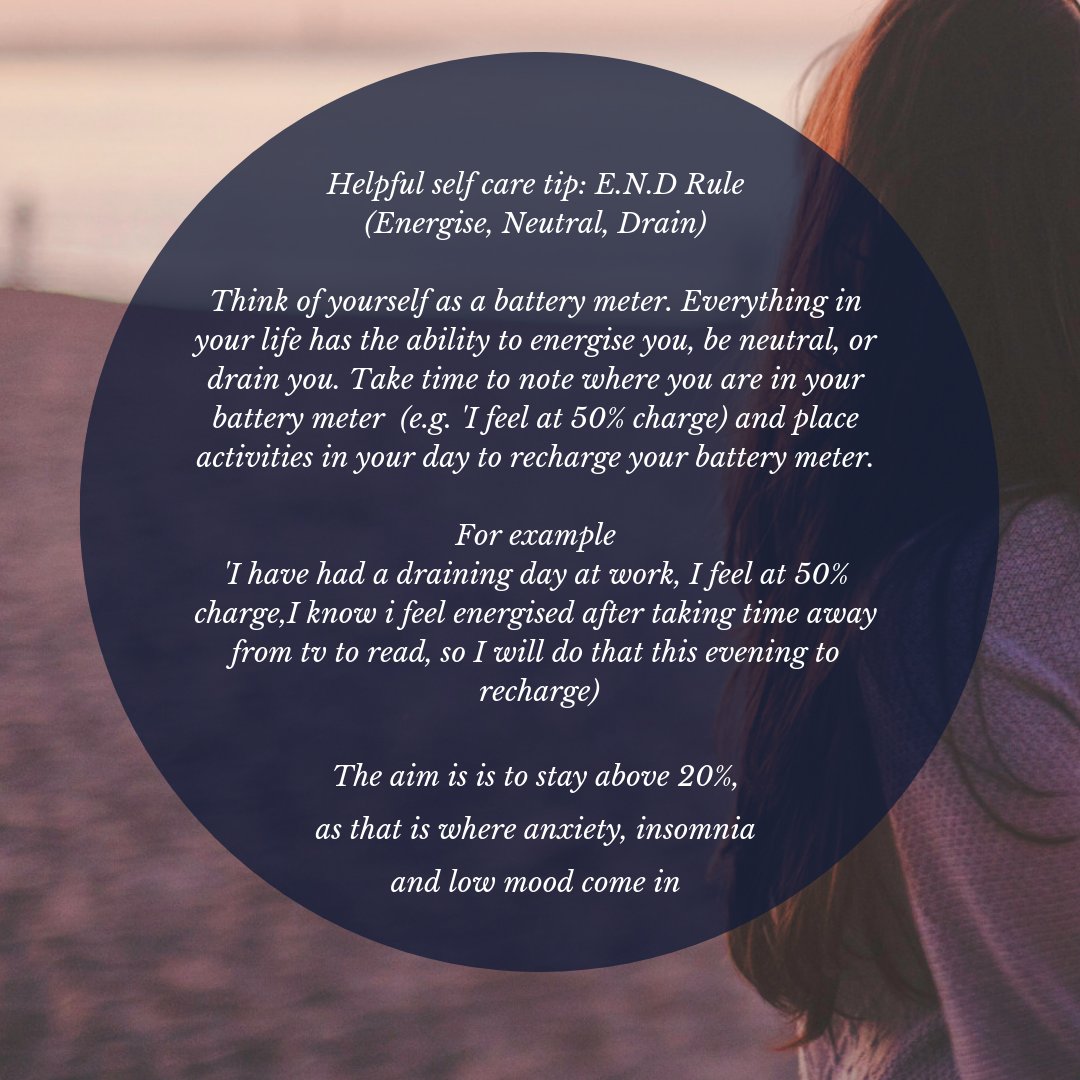The Danger of the 'Self-Care' Movement
‘Self-care’ is a growing trend over the past year, and in 2018 it seemed to explode. It’s a trend that is based on positive principles, however, it has the potential to grow into a harmful habit.
The purpose of ‘self-care’ is rooted in principles that are designed to give us confidence, care, and comfort. However, as with most things, when social media and consumerism grasp a positive idea it can take a tip into the negative.
The way I explain self-care to clients is by being purposeful in carving out ‘downtime’ alongside ‘uptime’. Downtime is something you would find relaxing or soothing. Uptime can be identified by work, housework, achievements etc.
What does harmful self-care look like?
Expense:
This is often found in consumerism. The idea is that you should ‘treat yourself’ at every opportunity. Companies have begun to market their material to suggest that we can’t be healthy if we don’t buy ourselves everything we want. Financial pressure is real and harmful. If we base our happiness on external purchases we are lining ourselves up for more anxiety, not less
To ‘radically love yourself each day
I am a firm believer in self-compassion, but once we set a standard to ‘radically’ love yourself each day, is an unachievable standard. The thought of carving out enough time to radically love me each day would mean that I wouldn’t have time to go to work. Self-compassion looks like cutting yourself some slack for making an error, allowing yourself some time to relax after a long work day, or even ensuring that you're eating at regular intervals and drinking enough water. The idea of radically loving yourself is setting the bar far too high. Life should go through peaks and troughs, and it is completely normal.
What does helpful self-care look like and how to apply it?
I help clients by moderating their self-care. Think of your mind and body having a battery meter. If you feel your battery meter is hitting a low percentage, ask yourself what you can do to bring the percentage back up. That’s it. It’s all about balance. When your battery meter hits below 20%, that’s where insomnia, anxiety, and depression come in. For this week, take time to ask yourself what ‘percentage’ you are at and make a list of activities that would ‘recharge’ you. Ensure you look after the battery meter, and it will take care of you.
For more information on attending CBT to manage stress levels, please get in contact today via our home page.


